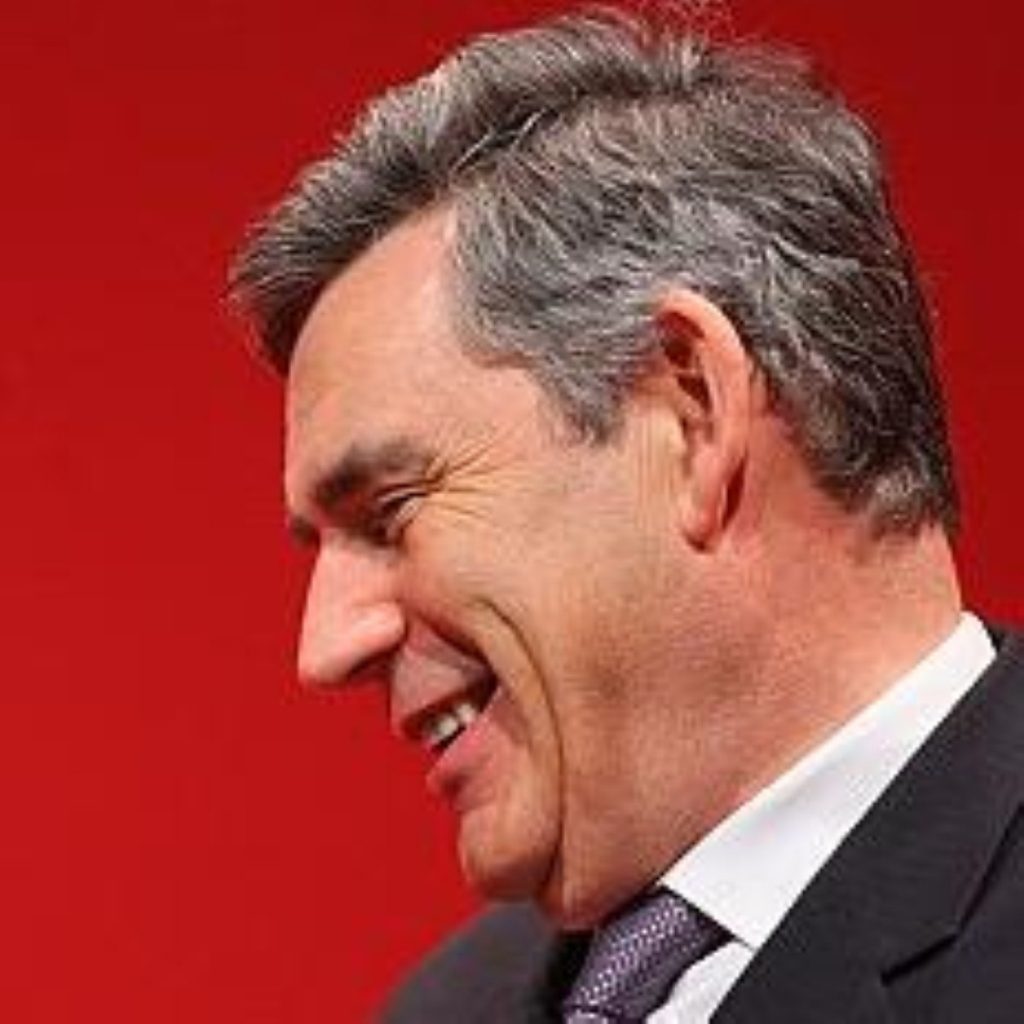Ex-MP Flight blames Brown for banking crisis
Former Tory MP Howard Flight says the banking crisis was made “inevitable” by Gordon Brown’s Bank of England reforms in 1997.
In a report for the Centre for Policy Studies thinktank he describes the government’s instruction to the Bank to meet a 2.5 per cent retail price inflation measurement as “deeply flawed”.
It led to an excessive supply of money in the economy which in turn caused excessive borrowing and mortgage and consumer lending, he argues.
Mr Flight believes changes in the regulatory system, which removed responsibility for oversight from the Bank, and the Financial Services Authority’s failure to comprehend the “imminent problems” it faced made the situation even worse.
And as a result he views the “severe recession with vicious house price inflation and weak sterling” as unsurprising.
“These failures (all largely the responsibility of the Labour government) created the preconditions which made a banking crisis inevitable in the UK sooner or later,” he wrote in the report.
Mr Flight says the signs were obvious in 2002 when he raised concerns to the chancellor in the Commons.
Now he predicts government borrowing will rise to over £100 billion for the next three years and that, as a result, the case for tax cuts is becoming compelling.
“The short-term objective must be to sustain the money supply and economic activity, particularly in the SME sector,” he added.
“In the longer term, the UK needs a smaller and more efficient public sector to free up the resources to improve productivity and economic growth.”
Mr Flight, who served as the MP for Arundel and South Downs from 1997 to 2005 before being sacked by Conservative leader Michael Howard, admits there is a role for “pump-priming” by the state when free market economies experience “excesses and crises”.
But he concludes that this role “does not make sense in normal times” and warns: “Once the economy is recovering, it will be essential to pull back public expenditure and the trend towards degenerating into an inefficient, overlarge and over-powerful socialist state.”





-01.png)